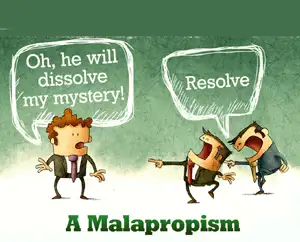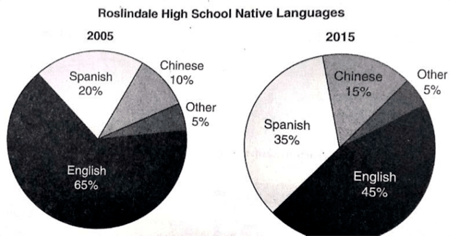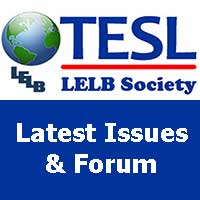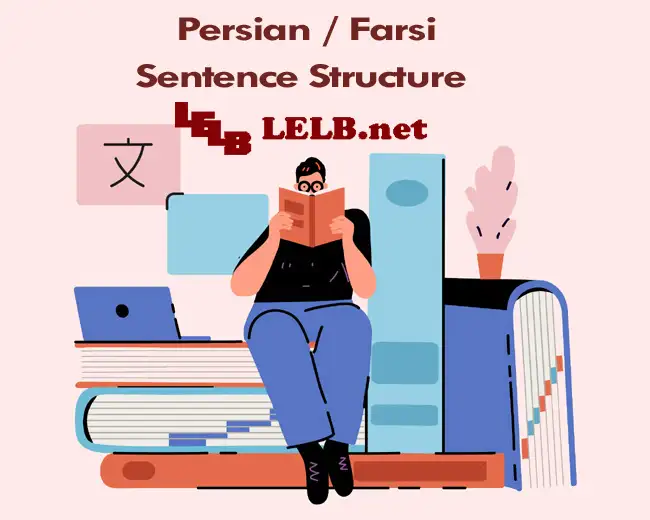Onomatopoeia Definition & Examples 601 Words
Onomatopoeia definitions and examples in real context with images and illustrations from the book 601 Words You Need to Know to Pass Your Exam. Perfect your English vocabulary in scientific and literary context. /ˌɒn.əʊˌmæt.əˈpiː.ə/ (noun) Onomatopoeia definition the creation, coinage or use of words or vocabulary based on the natural imitation of the sound that …









